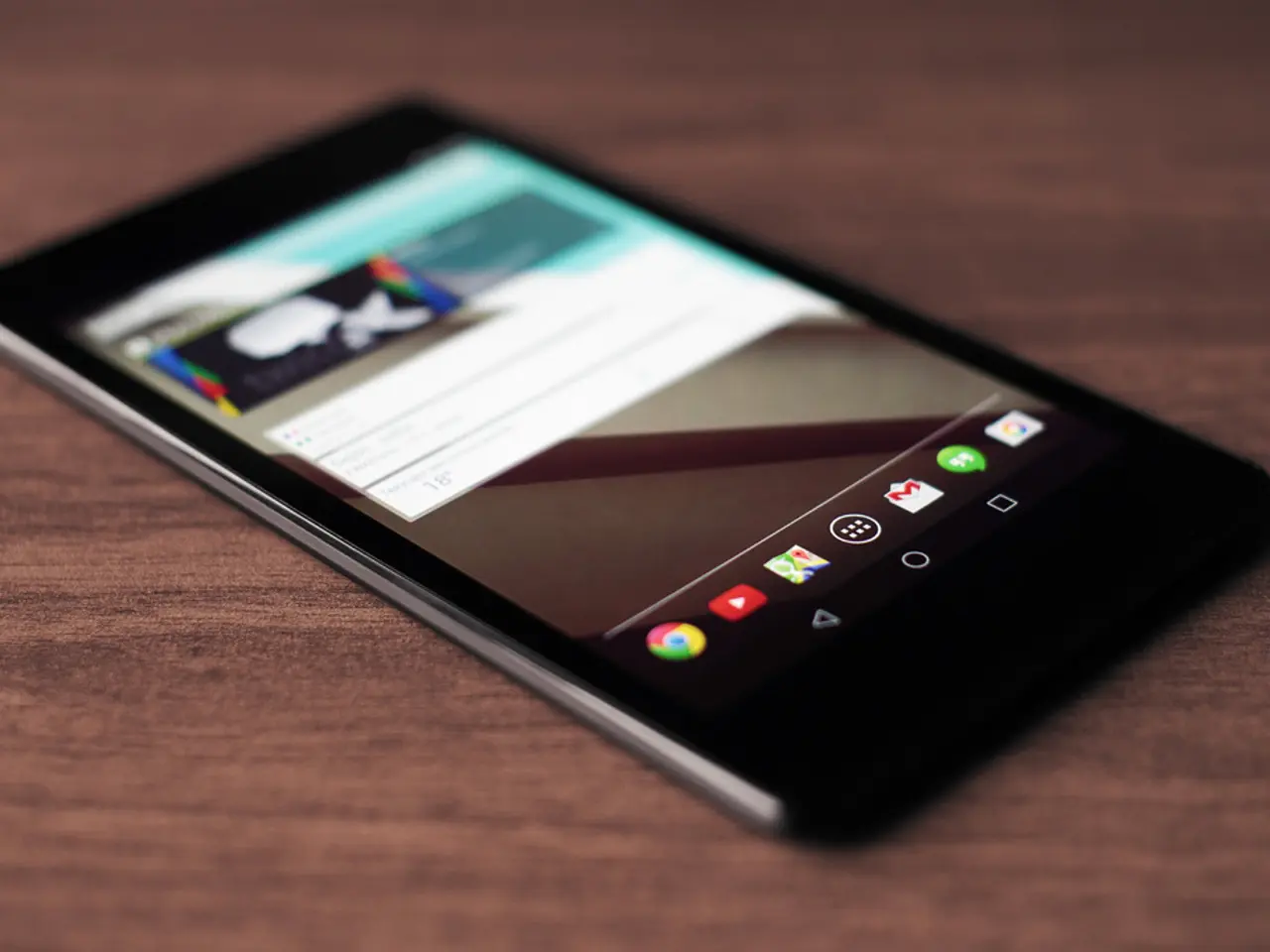China's Tighter Telecom Security Rules Spark EU WTO Complaint, Digital Sovereignty Concerns
China has recently tightened security requirements for foreign telecoms equipment suppliers, impacting companies like Nokia and Ericsson. This move aligns with a broader trend of increasing technological isolation and geopolitical tensions. The EU has already taken action against these measures.
In 2022, the EU filed a complaint with the WTO against China due to difficulties enforcing European patents in the country. This was partly due to China's extended national security checks and market access restrictions affecting Nokia and Ericsson. The EU argues that these measures hinder market participation for European patent holders in the telecommunications industry.
Both Nokia and Ericsson are now subject to expanded national security reviews in China, causing delays in procurement processes. Chinese authorities are scrutinizing the origin of critical components and ensuring compliance with local security standards. This has raised questions about digital sovereignty and could potentially hinder innovation and increase infrastructure costs.
Meanwhile, in Germany, Huawei's critical components are set to be removed from 5G networks by 2029. This move, along with similar actions in other Western countries, has been seen as a push against Chinese providers. In response, China has tightened its security requirements for foreign suppliers.
The recent developments in China's telecommunications industry have sparked concerns about digital sovereignty and could impact innovation and infrastructure costs. The EU's complaint at the WTO highlights the challenges faced by European companies in the Chinese market. As geopolitical tensions persist, it remains to be seen how these issues will be resolved.








